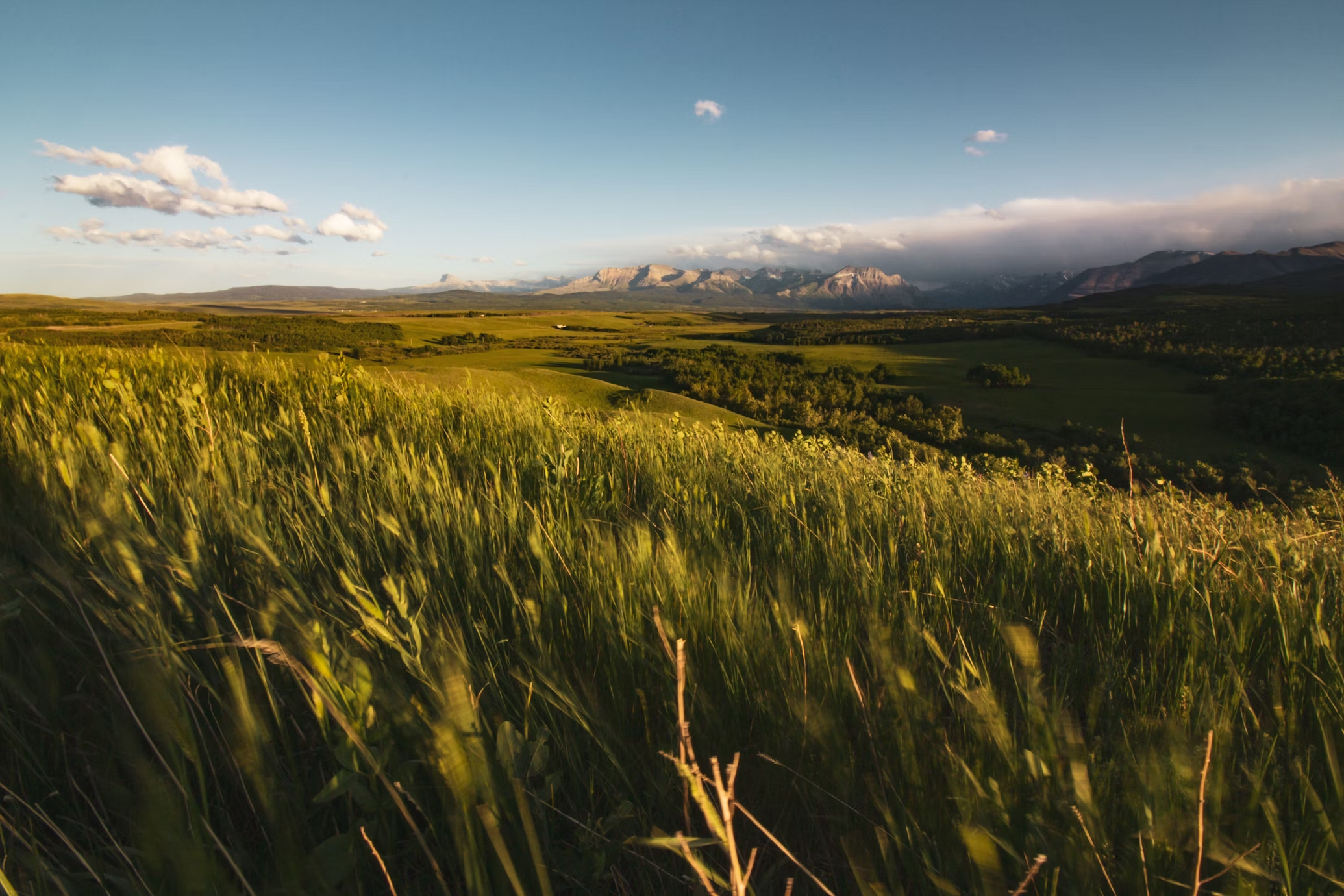Address Western Separatism with Electoral Reform, Rural Renewal, and Respect for Treaty Rights
National Farmers Union members, like other Canadians and the majority of westerners, are deeply committed to our country. We recognize that we are also Treaty people, and are committed to upholding the Treaty rights of the Indigenous peoples whose traditional territories encompass the provinces of Saskatchewan and Alberta.
While western separatism promoted by a small minority in Saskatchewan and Alberta has its roots in feelings of regional powerlessness, this cannot be solved by leaving Canada. The loudest separatist voices seem to want to be freed from obeying Canadian laws and regulations and paying taxes but still keep all the benefits of Canadian citizenship. Provincial leaders who should be addressing the real problems faced by residents in their own jurisdictions are instead choosing to scapegoat the federal government and amplify threats of separation.
“Together, Saskatchewan and Alberta contain the majority of Canada’s farmland, yet Alberta has defunded nearly all provincial agricultural programs and services, while Saskatchewan has allocated billions to an irrigation project that will only benefit a handful of farms near Lake Diefenbaker,” said cattle farmer Glenn Norman, NFU board member from Alberta. “Separatist talk is a diversion from the fact that neither province is taking action on real problems, including climate change impacts on farms, land speculation that shuts out the younger generation, or rural community decline that weakens the social fabric.”
The NFU urges the federal government to tackle electoral reform to reduce western and rural alienation. All across the political spectrum, the first-past-the-post electoral system weakens our democracy. It excludes many voices, often including whole regions, leading to a sense of regional powerlessness. Minority party voters in all parts of Canada do not have their views represented in Parliament. Parties focus their campaigns on swing ridings, weakening their connections with voters in areas they believe wins or losses are a foregone conclusion. Voters in “safe seats” may never meet their candidates or have any opportunity to discuss their concerns or challenge the politicians that will represent them. The winner-take-all stakes promote polarization and extreme views to lock in electoral support even though hyper-partisanship makes it more difficult to manage the complexities of governing once the election is decided. An electoral map with its simple colour scheme of red and blue with a few patches of light blue, orange, and green does a disservice to the range of voters’ political views, and it sidelines many real problems that need to be addressed by our government. It is no wonder people feel excluded.
“The National Farmers Union has officially supported Proportional Representation since 1997 as a way to ensure our governments better reflect the political views of all voters,” said Will Robbins, NFU Board member from Saskatchewan. “It would motivate parties to listen to voters in all constituencies, and give people the opportunity to vote for what they want instead of against what they fear or oppose.”
“As a national organization of farmers and farm workers, we know that diversity is a source of strength, and that we face common problems that can be solved by working together,” said NFU Youth President and Alberta farmer, Adama Bundu. “We stand in solidarity with the First Nations of Treaties 2, 4, 5, 6, 8 and 10 in their opposition to separation. We urge people to move our attention away from irresponsible separatist talk and instead work to ensure people with a wider range of views are meaningfully included in solving problems that affect our communities, lands and livelihoods.”
